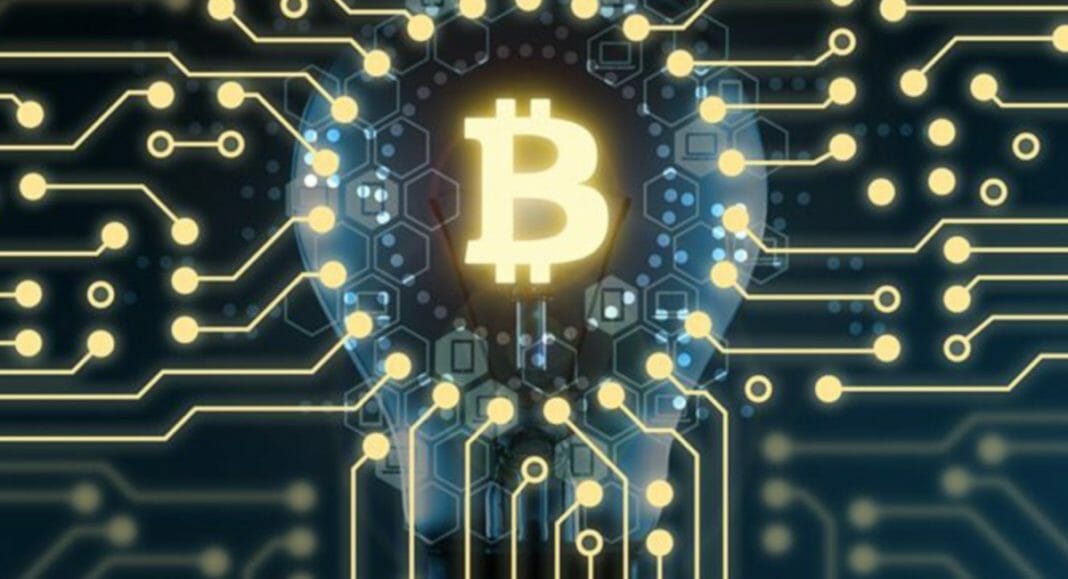Satoshi Nakamoto always understood why he should withdraw from the Bitcoin ecosystem. Bitcoin benefits from this absence of leaders and influential figures.
People only know that Satoshi Nakamoto created Bitcoin, but his identity is not important for the pioneering cryptocurrency. Nakamoto could be a man, a woman, a child, an old man, a person, or a group of people. He could also be the CIA, the Federal Reserve, the Flying Spaghetti Monster, or even some kind of artificial intelligence.
There would inevitably be a point of centralization in the Bitcoin ecosystem if Nakamoto were around. Even if people did not see him often, it would be impossible to escape his influence. It would still be counterproductive for the development of Bitcoin to have an authority figure present.
It must be clear to users that Nakamoto himself was convinced of these risks. His absence communicates the idea of putting into practice the principles behind his creation. He said that traders would no longer rely on trusted third parties to transfer and exchange value through money.
Nakamoto Knew that His Identity Is Not Important for Bitcoin
When Nakamoto disappeared, he left no trace other than his sporadic posts on the Internet. This initially shocked those who had contacted Bitcoin’s creator, but he had to leave the protocol in its users’ hands.
Although the white paper only provides information of a technical nature, the reasons are evident.
However, the white paper is not the only referential source to understand Nakamoto’s thoughts. The website of the Nakamoto Institute, an organization seeking to preserve his memory, shows comments that Nakamoto made before disappearing.
His ideas on areas such as economics, politics, and computing give clues about the reasons for his absence from the project once he created it. The article with which Nakamoto introduced the white paper shows an argument against the fiat monetary system and centralized banking.
He seemed to know that he would possibly influence Bitcoin’s fate negatively by being the leader of the project. He thought that the existence of a trusted third party ensuring the integrity of the protocol would inevitably bring negative consequences.
What a Bitcoin User Could Do with this Information
Starting from the premise of not even trusting Nakamoto as an authority, it is valid to recognize that everyone chooses not to trust third parties. The creator of Bitcoin and its users would agree on this, as a minimum common framework of understanding.
It is not relevant to know who Nakamoto is, but his absence is saying something. His silence is louder than anything that anyone considering himself a protagonist of the Bitcoin ecosystem could say. Bitcoin does not need a guardian as users themselves con play this role.
Users verify the code, denounce bad practices, provide suggestions, and share ideas. They use Bitcoin the way they consider convenient without trying to label it or condition what it should be.
By Alexander Salazar











